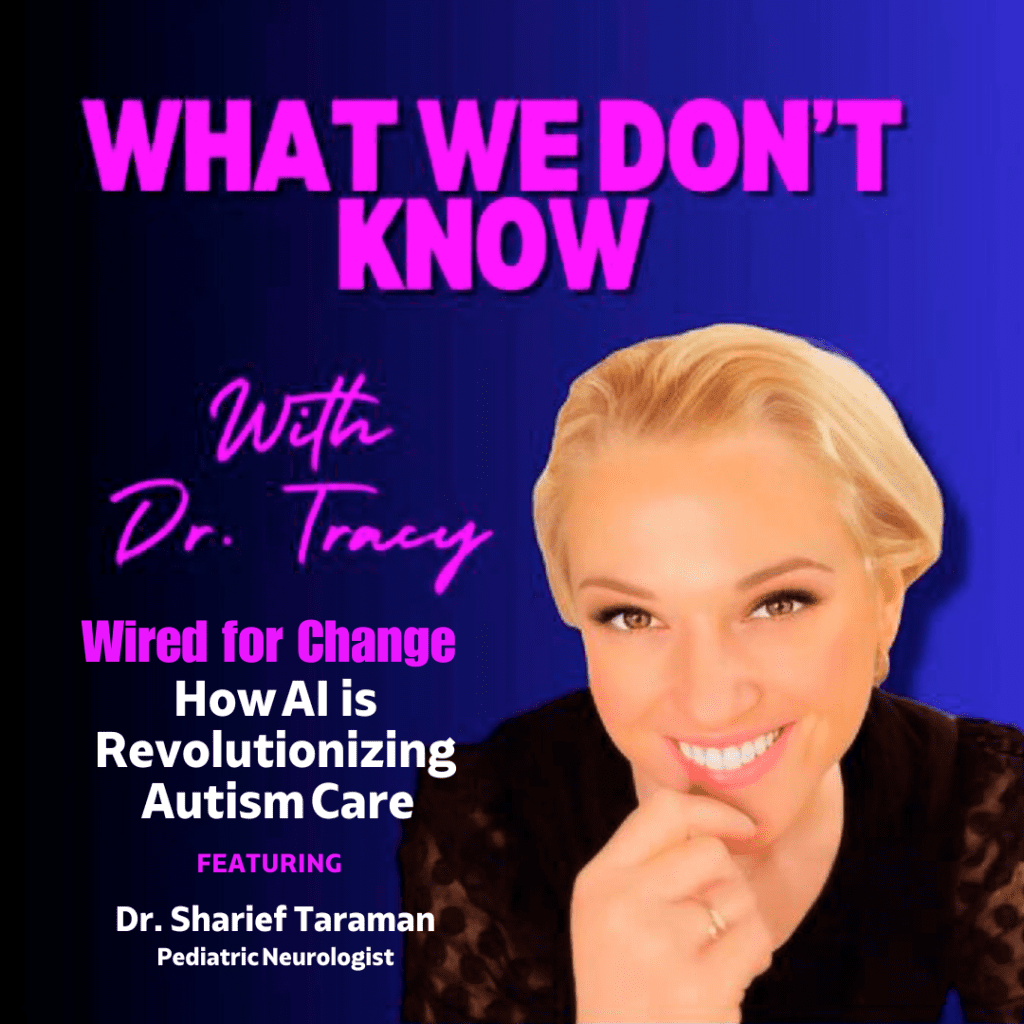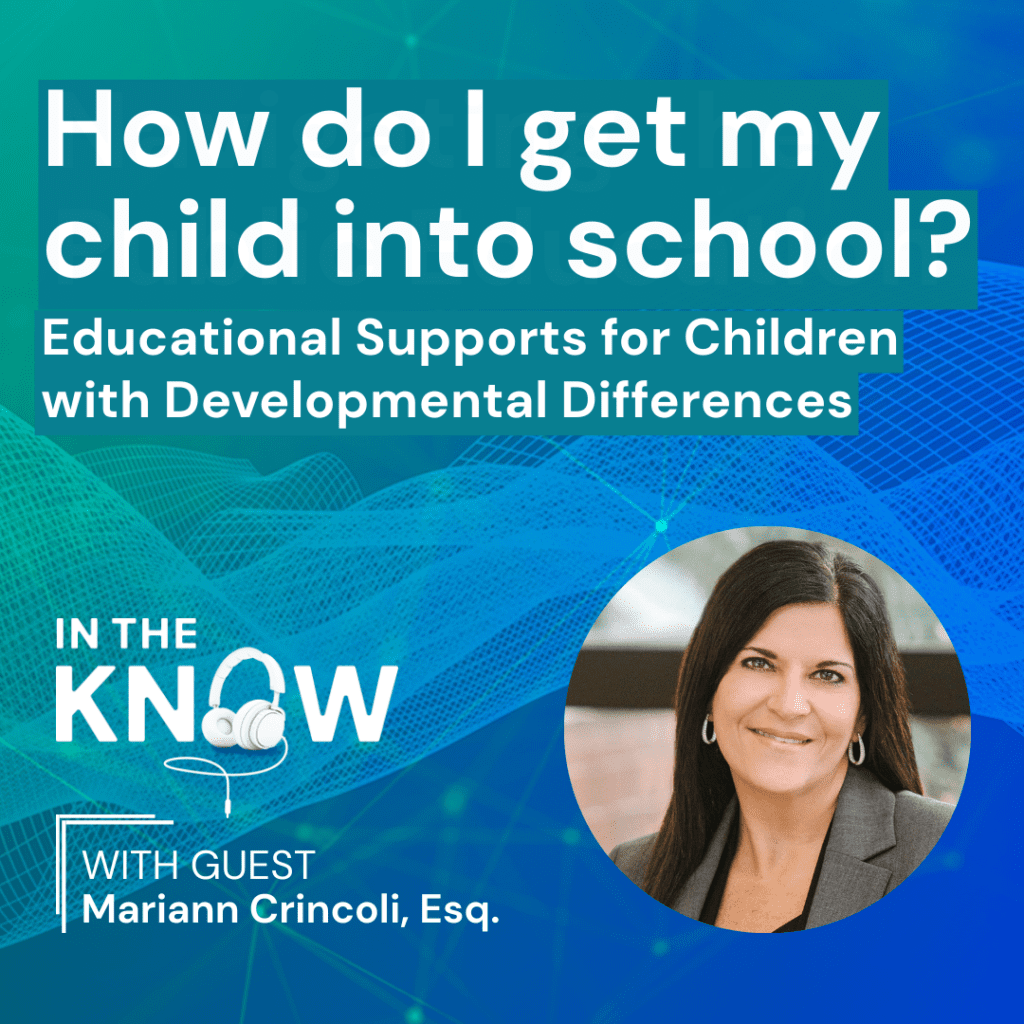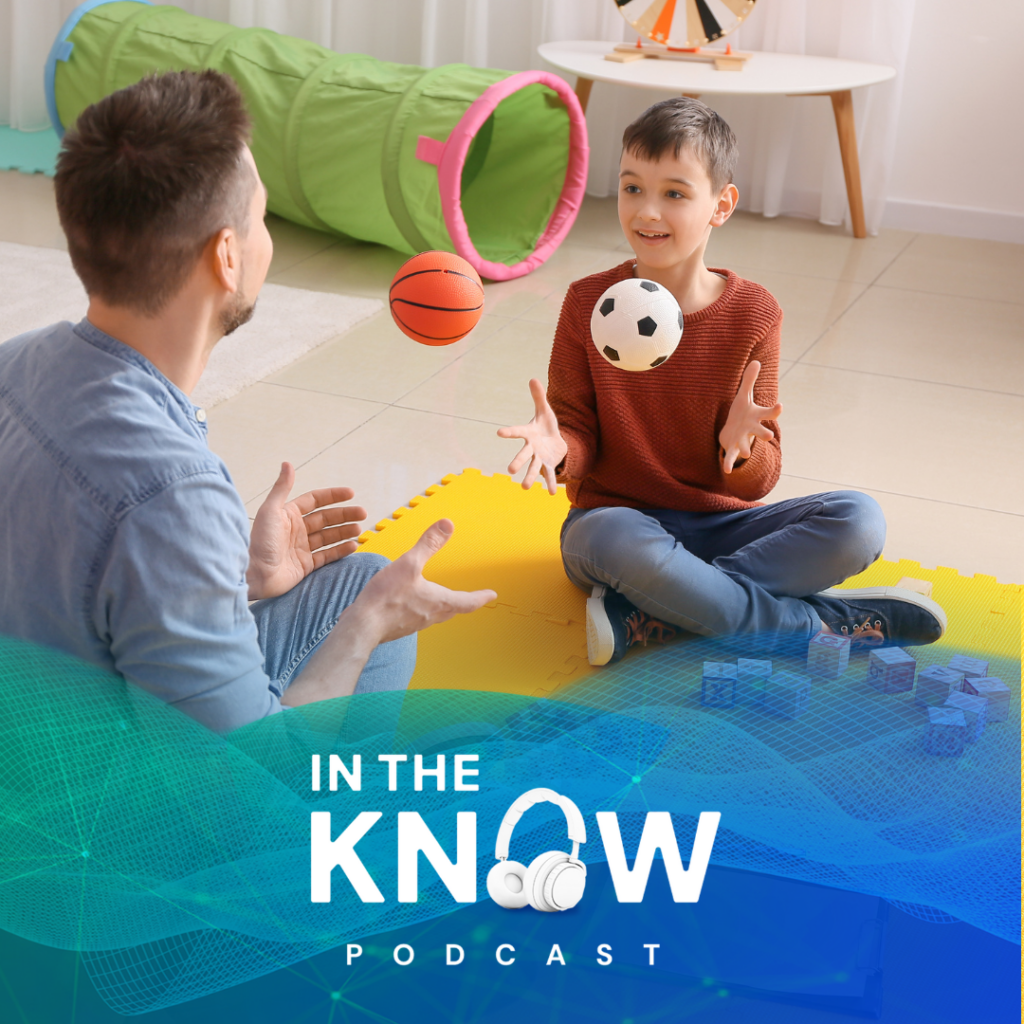As a clinician, have you wondered how you can be a more integral part of identifying, diagnosing, and supporting developmental concerns in children in your practice?
In the most recent episode of our podcast, “In the Know,” we talk about the essential role of the pediatrician and general practice clinician with Dr. Judith Aronson-Ramos, a board-certified pediatrician developmental and behavioral pediatrician who has been dedicated to this specialty for the last 3 decades.
Throughout this candid discussion, Dr. Aronson-Ramos emphasizes the importance of early diagnosis in children with developmental and behavioral concerns. She stresses how acting early provides children with effective interventions as soon as possible, but that a shortage of specialists and long wait lists have caused significant delays to assessment, diagnosis, and intervention for many children.
General pediatricians and family practice doctors, who Dr. Aronson-Ramos describes as being “in the trenches” with these children and their families, are often among the first to suspect a developmental concern. There is now a growing movement in the health care community, including a recent mission statement from the American Academy of Pediatricians, to empower these front line workers to play a larger role in evaluating children for autism.
As Dr. Aronson-Ramos explains: “with the right tools, the right training, the right techniques, and the right reimbursement, pediatricians and family practices can help the waitlist crisis and help their families in situations where they’re comfortable making a diagnosis.”
She acknowledges that pediatricians already have a “tough job as gatekeepers,” but highlights how additional training, telemedicine, and the recent introduction of AI diagnostics can “help ease the burden of assessment, as well as determining the developmental domains where the child has a need.”
Dr. Aronson-Ramos also shares about her personal experience which inspires her work, as a parent of a child with autism (who is now a thriving, successful adult):
“Having gone through that experience and also seeing the amount of progress a child can make and the effectiveness and importance of an early diagnosis, certainly it’s given me a lot of passion to be an advocate for early intervention and certainly to push the influence of developmental behavioral pediatrics in the general pediatric space.”
Listen to the full episode below to hear more insights from Dr. Aronson-Ramos, including information on where to gain more training in assessing and diagnosing developmental concerns.
Dr Aronson-Ramos is the lead Clinical Assessor at Autism Path 2 Care (AP2C), a medical practice with locations nationwide, which is devoted to advancing the early diagnosis of developmental concern.
A2PC’s combined use of clinical expertise and Canvas Dx technology enables them to provide assessments without significant wait times. In addition, their Telemedicine platform is easy to use and reduces the burden on families of traveling, stress on the child of being in a new environment, and scheduling difficulties.
Find out more about Autism Path 2 Care and their services at https://autismp2c.com.
Our new podcast series, In the Know, regularly features conversations with top experts in behavioral and developmental health to provide information and insights for clinicians and for families of children with developmental delays.
“In the Know, Presented by Cognoa” can be found on most major podcast platforms, including Apple Podcasts, Spotify, Podbean, and others. Be sure to subscribe so you can be sure to catch the future episodes when they are available!



